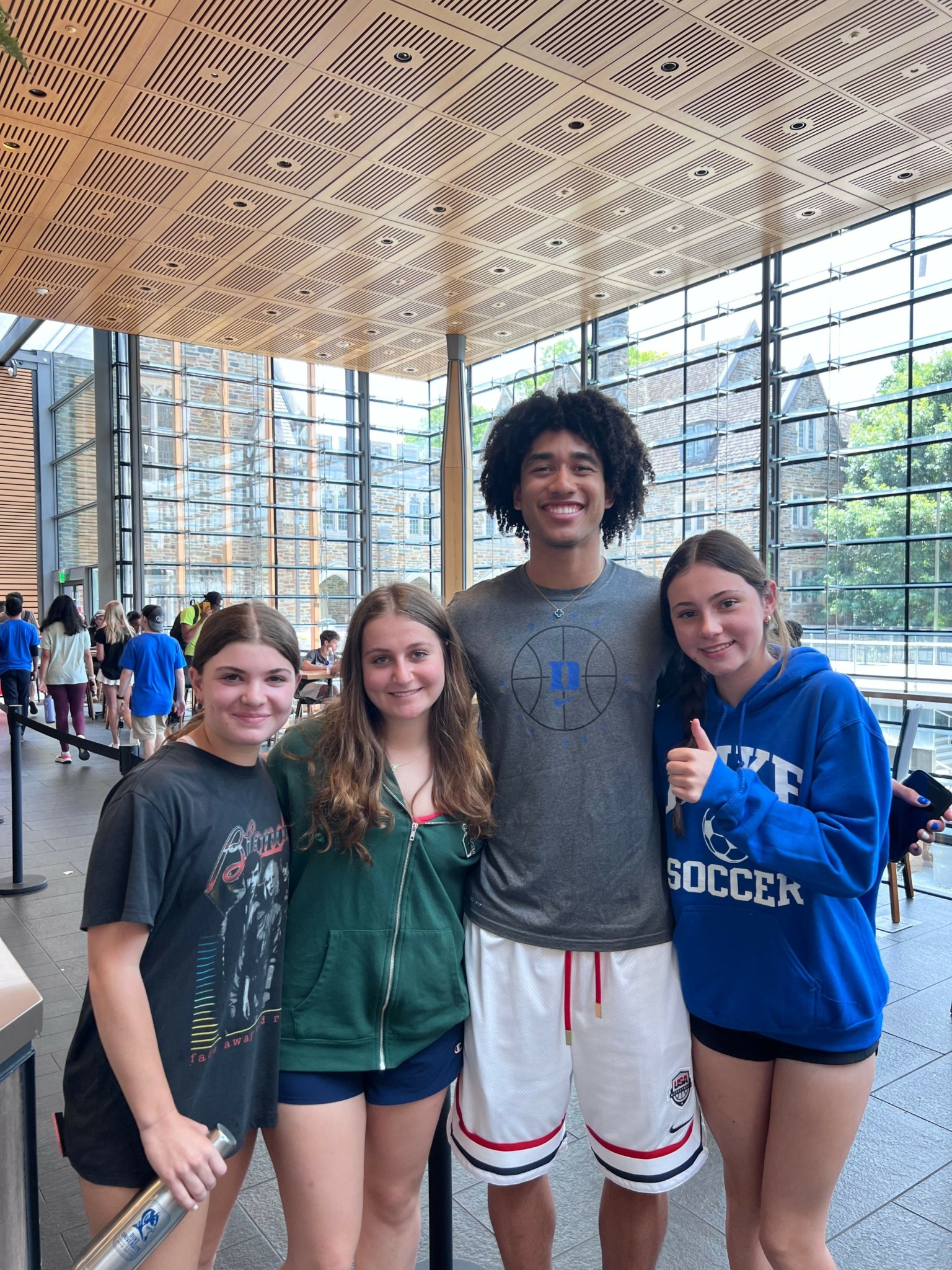We were lucky to catch up with Harmony Power recently and have shared our conversation below.
Harmony, thanks for joining us, excited to have you contributing your stories and insights. Let’s go back in time a bit – can you share a story of a time when you learned an important lesson during your education?
This summer, I had the privilege of attending Wharton Global Youth, a summer program at the University of Pennsylvania for students interested in business and economics. Over the course of 13 consecutive days, participants live on the UPenn campus, attend lectures from Wharton professors, and take classes led by UPenn professors and undergraduate students.
On the first day of classes, I was struck by the exceptional talent and skill of my peers. I had always heard the phrase, “There’s always competition out there; that’s what makes life exciting,” but I had underestimated the level of natural intelligence and ability among the students around me. For the first time, I felt insecure about my own extracurriculars and organizations. How could I measure up to a peer who worked in a lab, or another classmate who invented a polymerizing medical bandage?
Feeling overwhelmed, I called my older sister Trinity, an incoming Barnard student who I rely on for academic advice. She reassured me, saying, “Other people are going to be doing their own stuff. Just focus on yours, and do it well.” Her words encouraged me to concentrate on my passions and the things I genuinely enjoy. She reminded me that even activities considered mere pastimes can contribute to shaping careers and achieving long-term success.
This experience ignited a new drive and passion within me. Although I have always struggled with self-confidence and typically felt anxious about not measuring up to others, this challenge has now become a source of motivation. I look around, see the smartest people in the room, and use their presence as inspiration to strive for excellence, aiming to perform just as well—or even better.
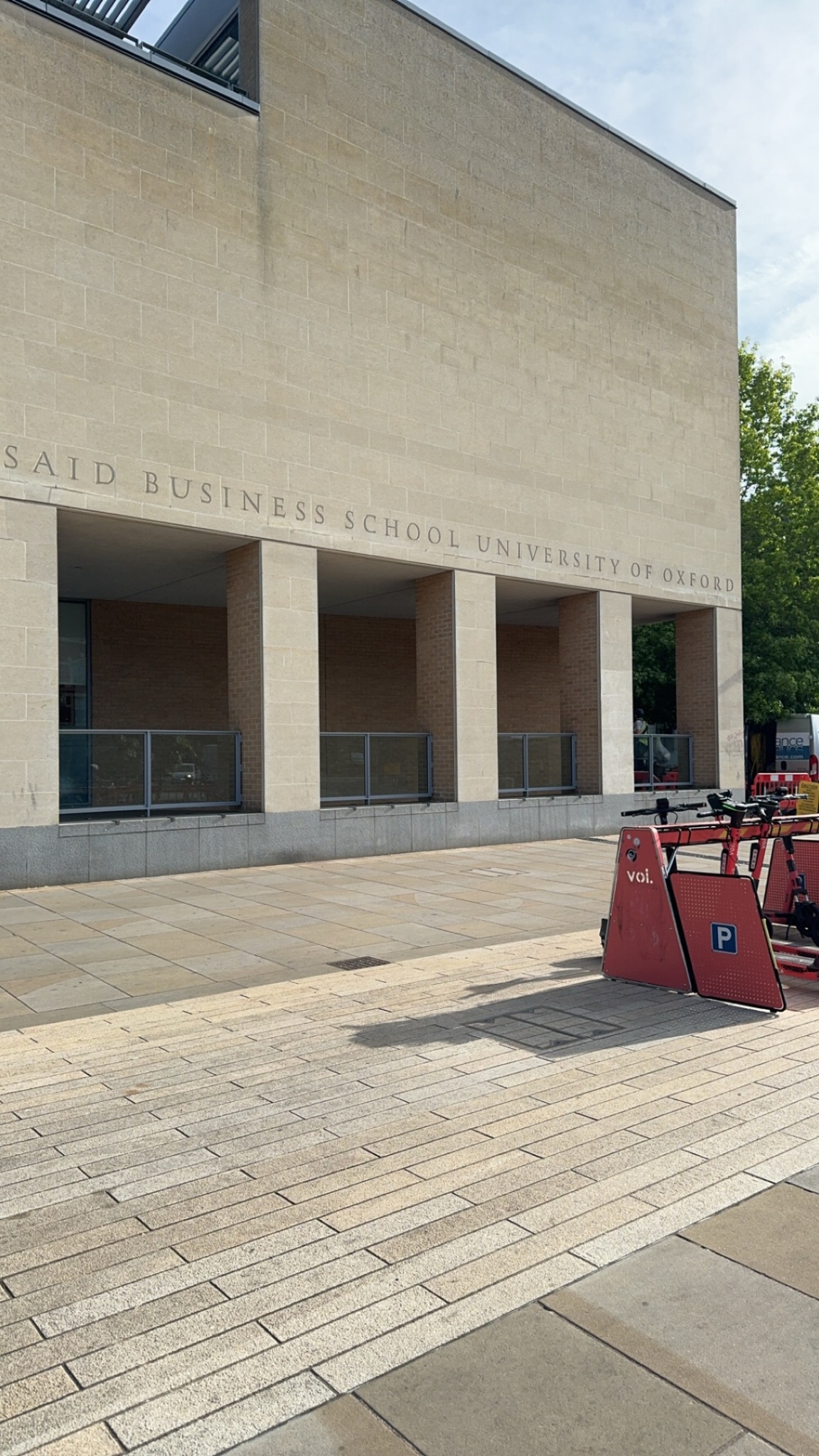
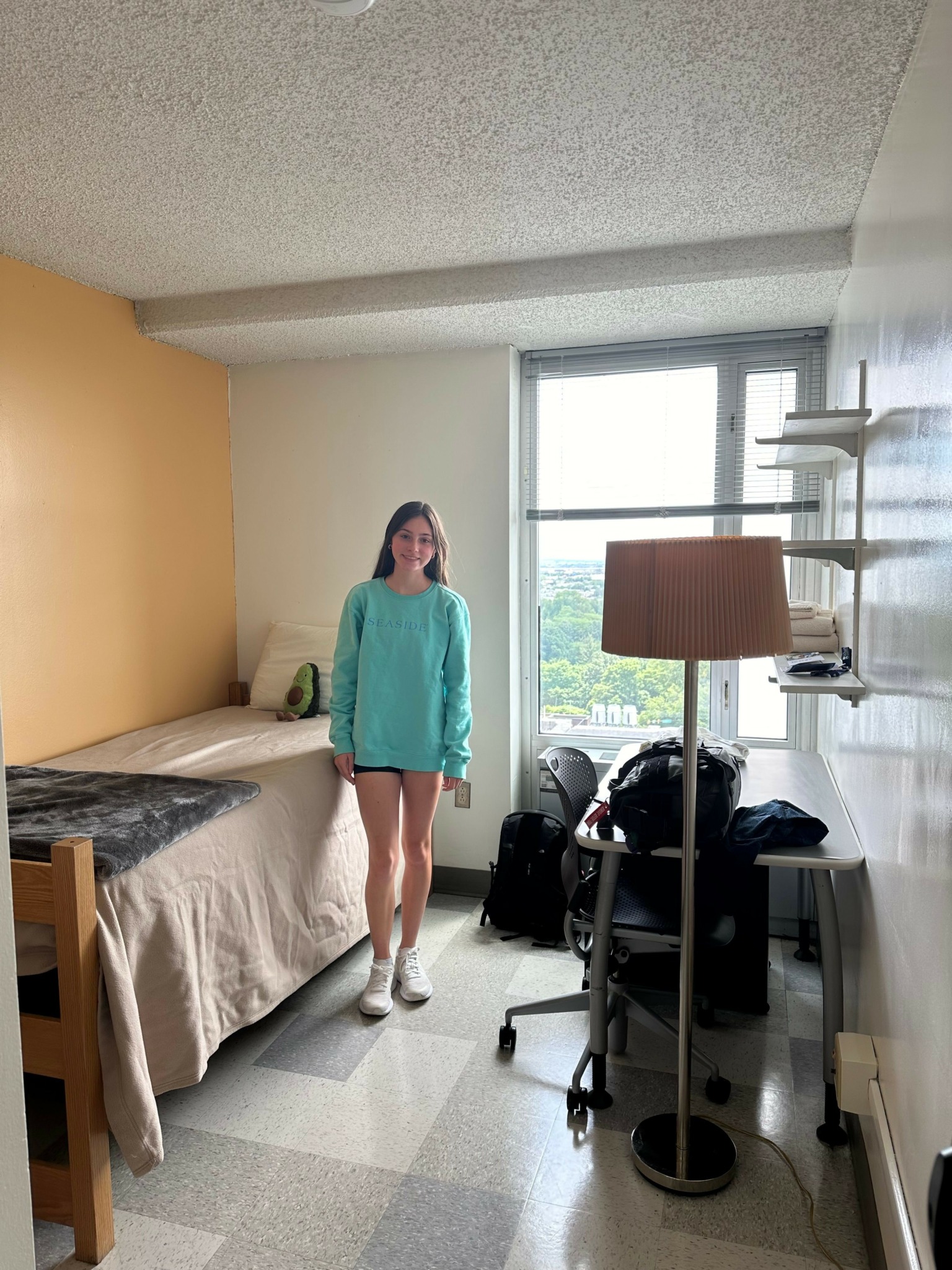
Harmony, love having you share your insights with us. Before we ask you more questions, maybe you can take a moment to introduce yourself to our readers who might have missed our earlier conversations?
From a young age, I’ve been fascinated by the world of business and economics, largely inspired by my father, who has built a successful career in the technology industry. Watching him navigate the intricacies of the tech business and witnessing his passion for innovation has had a profound influence on me. His journey, from overcoming challenges to building a successful enterprise, has served as my blueprint for success. This early exposure to the intersection of technology and business sparked my interest, and I knew I wanted to follow in his footsteps by carving out my own path in the business world. My entrepreneurial spirit first took shape with the launch of my Poshmark clothing business, Harmony’s Closet. What began as a simple venture into fashion quickly became a valuable learning experience in e-commerce, marketing, and financial management. Running this business has taught me the importance of understanding consumer behavior, managing inventory, and leveraging online platforms to maximize revenue. It also fueled my desire to learn more about the larger economic principles that govern business success. My passion for business doesn’t end with e-commerce. I founded Project Happy Feet Texas, a nonprofit organization that began in Mayland, focusing on providing sports equipment to underfunded schools and communities. By selling gently used and donated shoes, I was able to generate revenue that could be reinvested into these communities, funding sports practice for kids who otherwise couldn’t afford it. This project allows me to combine my love for business with my passion for making a positive social impact. It’s taught me valuable lessons in logistics, fundraising, and community outreach—skills that are critical in the business world. A pivotal moment in my journey toward the tech business world occurred when I attended a college-level English course at Duke University. During my time at Duke, I made key connections with other students, professors, and alumni who shared my interest in entrepreneurship and social impact. These connections opened doors I hadn’t anticipated, and through them, I was able to expand Project Happy Feet into Texas, as I met the founder of the original PHF, Laura Jablonover, during my time there. The Duke community supported me in developing a stronger operational model and provided mentorship that helped scale the nonprofit’s impact. Without this network, I would not have had the confidence or resources to take the project to the next level. My experiences—running a Poshmark business, founding Project Happy Feet Texas, and connecting with peers at Duke—are shaping the foundation for my future in business, particularly in the tech industry. I’ve learned that business isn’t just about profit margins; it’s about finding solutions to real-world problems and making a lasting difference. Technology will be the vehicle I use to scale these efforts, combining innovation with social responsibility. As I continue to grow and develop, I plan to pursue more opportunities to immerse myself in the tech business world, building on the lessons my father has taught me and the experiences I’ve gained from my own ventures. I am committed to becoming a leader in this space, using business as a tool not just for financial success, but for creating meaningful change in the lives of others. Similarly, when I attended Wharton Global Youth at UPenn, my group and I developed Dine ‘N Discover, an app that utilizes AI algorithm and user preferences to diminish decision paralysis in making food and activity related decisions, as it generates options based on a user’s location or surroundings. I look forward to using my knowledge and passions to drive both economic and social innovation now and in the future.
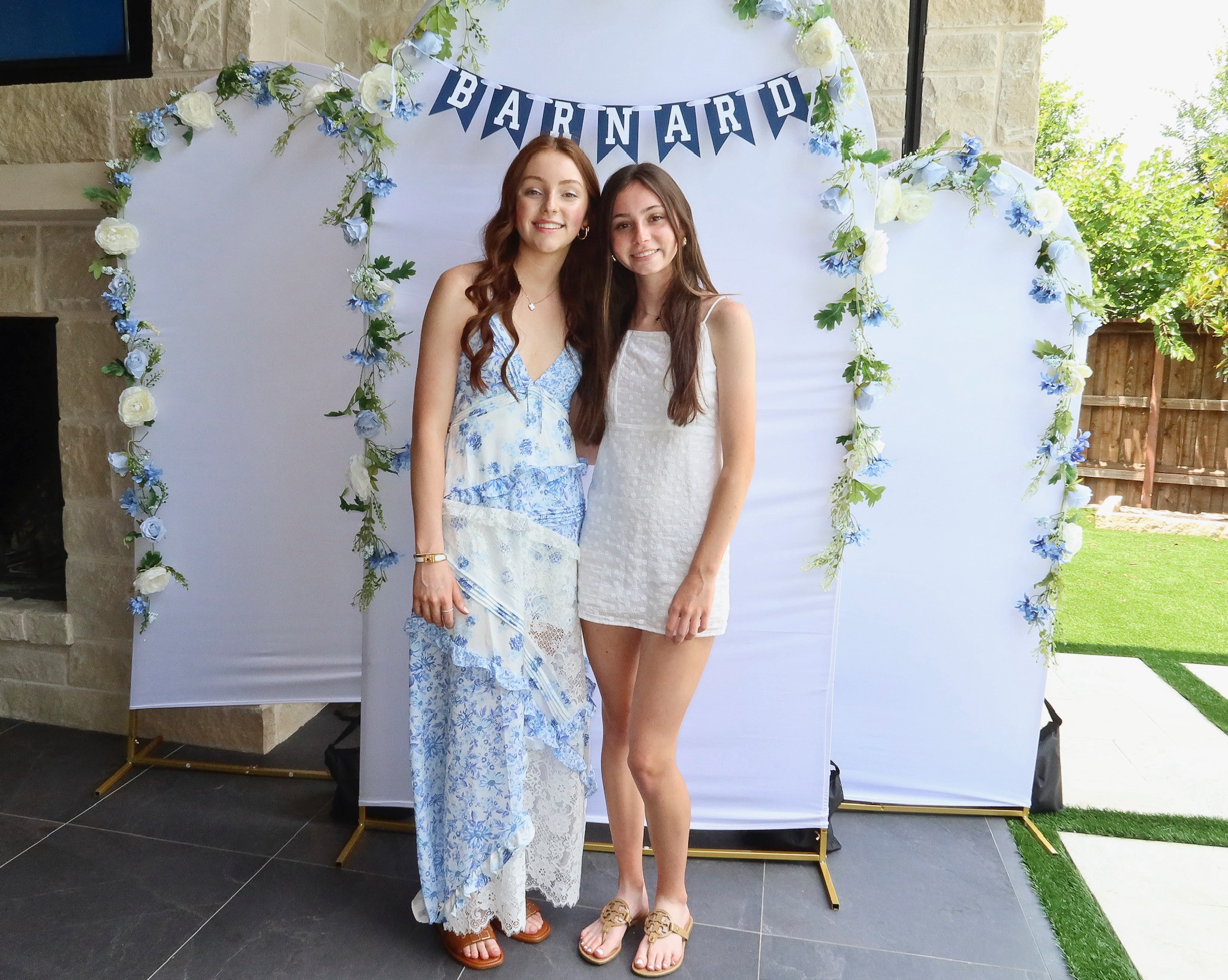
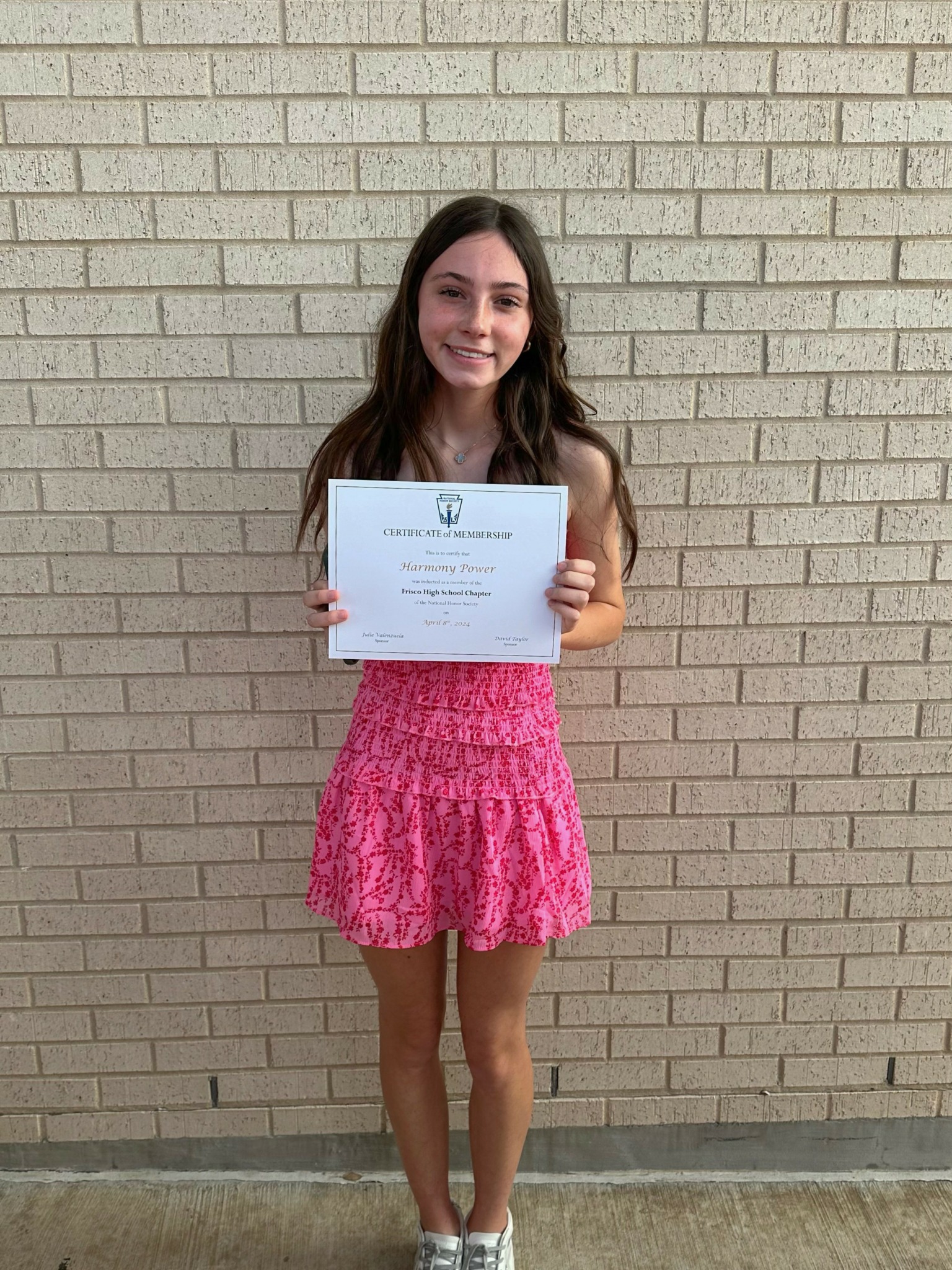
What’s a lesson you had to unlearn and what’s the backstory?
In today’s academic-driven world, students are often pressured to achieve perfect grades as a measure of success. However, as I have matured, I’ve come to realize that personality—one’s substance and character—is more important than a flawless academic record. Grades are merely a reflection of a student’s ability to memorize and apply information, but they don’t capture who a person truly is. A GPA doesn’t convey someone’s kindness, work ethic, creativity, or ability to handle real-world challenges. These qualities, which define personality, are what truly matter in life beyond the classroom. For example, leadership, empathy, communication, and problem-solving are traits that shape how we interact with others and influence the impact we make on the world. Additionally, focusing solely on grades can lead to burnout, anxiety, and a narrow view of success. Pursuing academic perfection often overshadows the importance of developing emotional intelligence and interpersonal skills. These are crucial for building meaningful relationships, succeeding in a career, and making a positive difference in society. Employers and organizations increasingly value these qualities over just a transcript, recognizing that someone’s character determines how they work in teams, adapt to change, and lead others. In my own experience, I’ve found that my extracurricular activities, leadership roles, and passion projects have taught me far more about resilience, empathy, and responsibility than any textbook could. These experiences have shaped my personality and given me the confidence to contribute to the world in ways that go beyond academic success. So while grades are important, they don’t define a person’s value or potential. It is our personality, integrity, and the way we engage with the world that truly make a difference. Shifting our focus from achieving perfect grades to building a strong and dynamic personality will lead to a more fulfilling and impactful life.
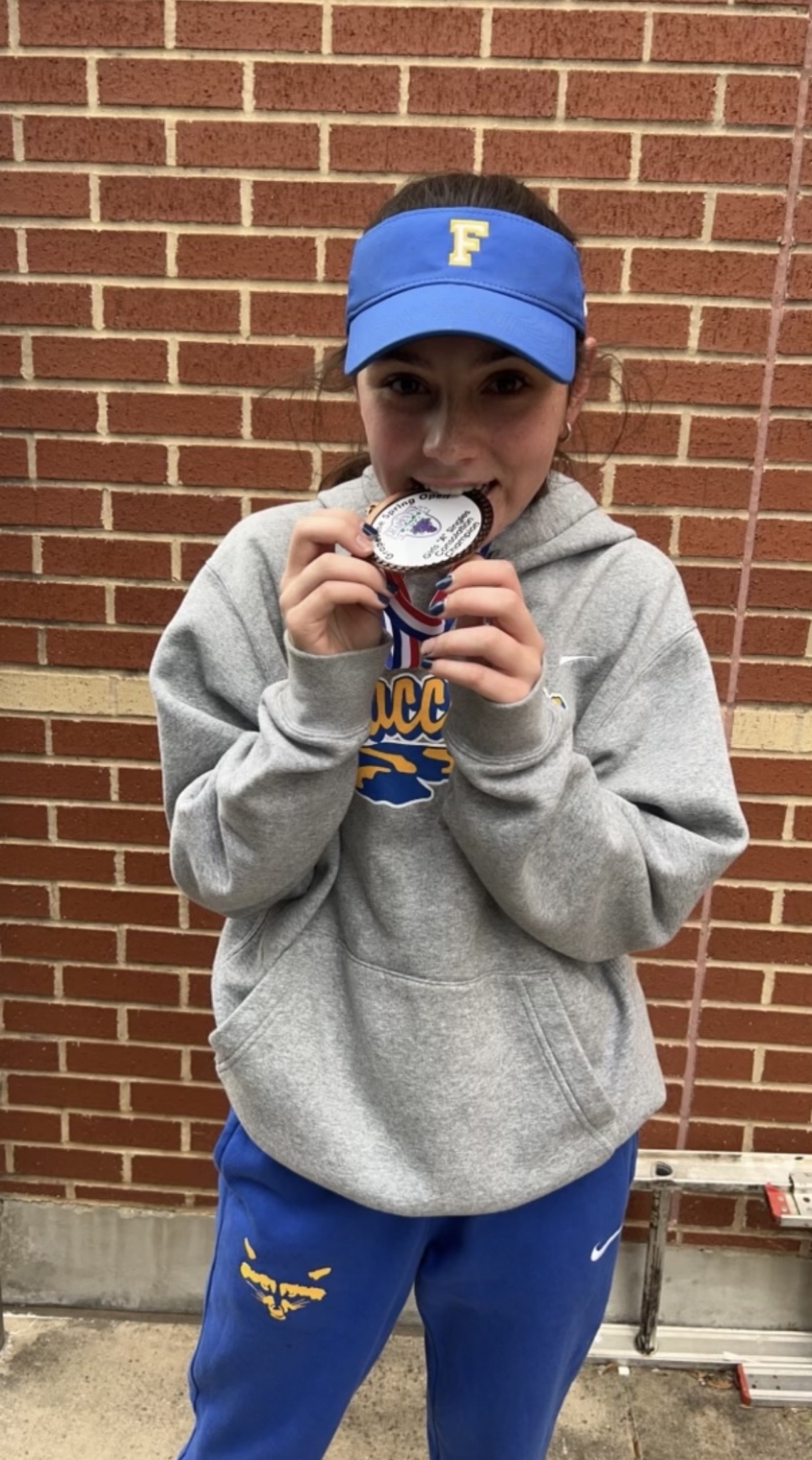
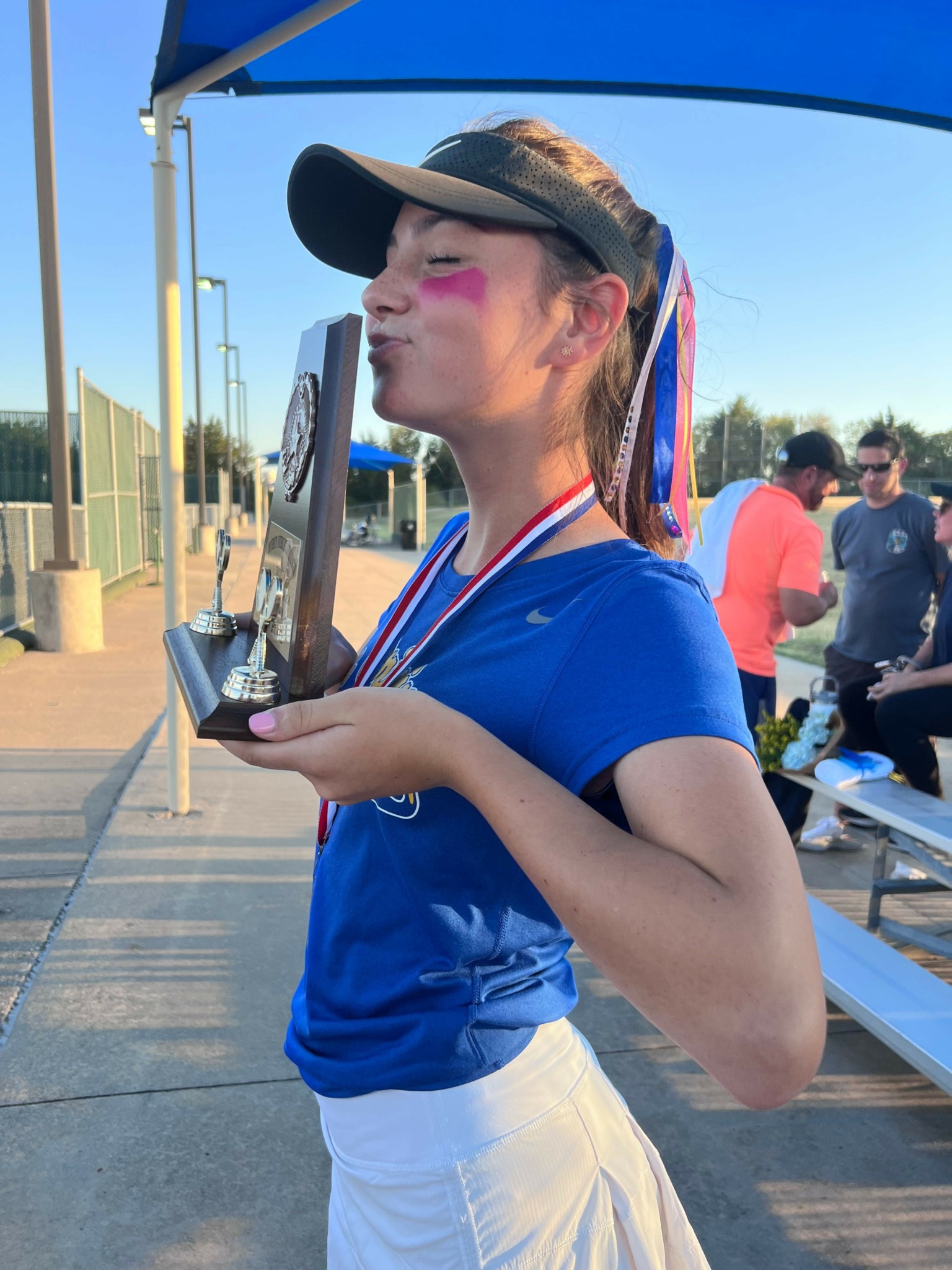
Let’s talk about resilience next – do you have a story you can share with us?
Job searching as a young teen can be an intimidating and often frustrating experience. Many industries overlook the potential and abilities of teenagers, assuming that our lack of experience equates to a lack of capability. This makes it challenging to find meaningful work opportunities, especially when employers favor older, more seasoned candidates. However, through persistence and determination, I was able to secure two positions—one as a hostess at TruFire Frisco and an internship at WriteOn! Creative Writing Center in Frisco. These experiences taught me valuable lessons about resilience, networking, and the importance of putting yourself out there, even when rejection is a possibility.
When I first started looking for a job, I faced many of the challenges typical for young people. Despite having a strong work ethic and a willingness to learn, I was often turned away or overlooked because of my age. Many businesses are hesitant to hire teens, assuming we don’t have the maturity or skills necessary to contribute meaningfully to their operations. It can be disheartening to hear “no” over and over again, but I realized early on that rejection is simply part of the process. You can’t let it deter you.
Eventually, I found an opportunity at TruFire Frisco, a local restaurant, as a hostess. This role allowed me to gain valuable customer service skills, manage reservations, and work as part of a team. It wasn’t handed to me easily, though. I had to make several phone calls and apply multiple times before I finally got my foot in the door. The lesson I learned here was that persistence pays off. You can’t be afraid to keep trying, even when the odds seem stacked against you.
My second position, an internship at WriteOn! Creative Writing Center, required even more effort on my part. Knowing how competitive internships can be, especially in fields related to writing and communications, I took a proactive approach. Instead of waiting for positions to be posted online, I cold-emailed several local businesses, including WriteOn!, to express my interest and offer my skills. It was a risk—I didn’t know if anyone would even respond—but I knew I had to put myself out there if I wanted to secure something meaningful. Fortunately, WriteOn! responded, and after an interview, I was offered the internship. This experience not only helped me sharpen my writing skills but also gave me insight into how businesses in creative industries operate.
One of the most important lessons I’ve learned through my job search journey is that rejection is a natural part of the process. There were times when I felt discouraged, especially after hearing “no” from multiple places. But rejection is not a reflection of your worth or ability. It’s simply a step in the process of finding the right opportunity. In many cases, it’s necessary to step outside your comfort zone—whether that means cold emailing companies or walking into a business to ask about openings. Taking that initiative can make a big difference.
Another key takeaway is that you should never be embarrassed to put yourself out there. As teens, we’re often conditioned to feel shy about asking for opportunities, especially when we’re met with rejections or doubts about our abilities. But the reality is that no one will hand us these opportunities unless we actively seek them out. Being bold and persistent is often the only way to stand out and prove that you have the determination and potential to succeed.
In conclusion, job searching as a teen can be tough because many industries underestimate our abilities. However, with persistence, a willingness to step outside your comfort zone, and an acceptance of rejection as part of the journey, it’s possible to find meaningful work. My own experiences as a hostess at TruFire Frisco and an intern at WriteOn! Creative Writing Center taught me that you must keep pushing forward, even when faced with setbacks. The key is to stay determined, put yourself out there, and not let rejection discourage you from reaching your goals.
Contact Info:
- Instagram: harmonypower_
- Linkedin: harmonypower

